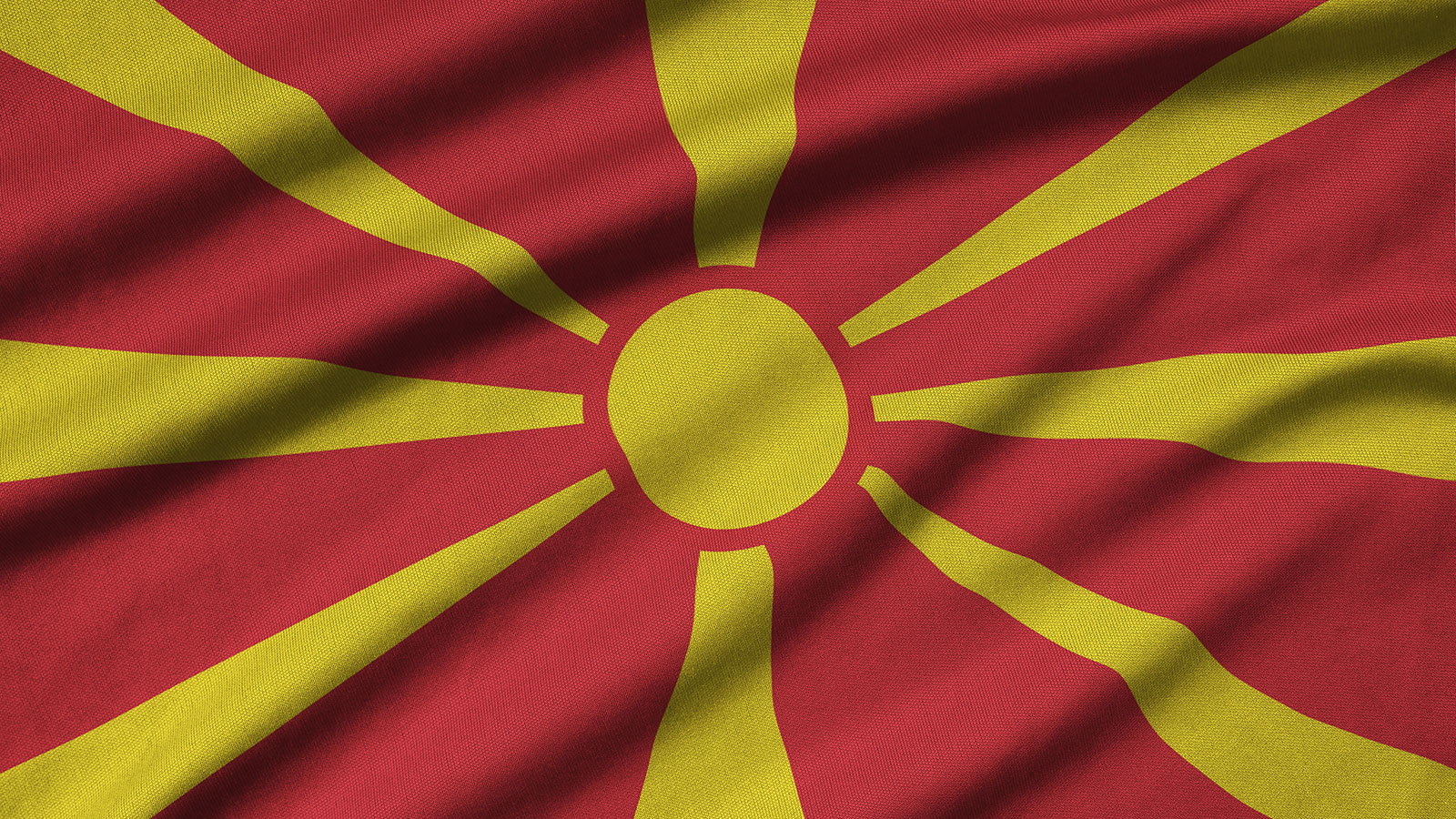North Macedonia’s’ population is currently at 1 836 713, according to Balkan insight and the population shrunk by 9.2 per cent over two decades. This is 185 834 less than the number from the last census. About 207 areas, mostly villages, are currently uninhabited. Even though many changes occurred, the ethnic composition of the population hasn’t had many changes. Almost 60 per cent are ethnic Macedonians and a bit under 25 per cent are Albanians. The minorities are Turks, Roma, Serbs and Bosniaks. In case of taking into account the non-residential population, the ratio of the majorities’ shifts and in the favor of the Albanians (Macedonians at about 55 per cent and Albanians at almost 30 per cent). In comparison to the previous census from 2002, the number of Albanians remained constant, but the number of ethnic Macedonians decreased. A factor that might have impacted this data is that over 130 000 refused to take part in the local headcount (but have been included in the final number of residents). There were many technical difficulties and a call for boycott while conducting the headcount, due to citing the suspicion of rigging. The results didn’t show a large number of Bulgarians in North Macedonia, the number of people that have identified themselves as Bulgarian is a bit over 3 500 (about 1 500 on the previous record).
The Bulgarian government has backed its claim about more than 100 000 Bulgarians with the fact that a large number of passports it gave to North Macedonia citizens since it joined the EU. It is argued that the Bulgarian minority has been subjected to repression, but it is widely suspected that most people took Bulgarian passports for practical EU-related reasons and easier travel. Bulgaria has been blocking the beginning of accession negotiations of North Macedonia and the European Union. Due to new governments in both countries and the fact that the problem is based on an historical dispute, there is hope for a future compromise.
The new prime minister of North Macedonia Dimitar Kovačevski and the new prime minister of Bulgaria Kiril Petkov have expressed a hope for better collaboration of the two countries. The ultimatum of the previous Bulgarian government with Prime Minister Bojko Borisov asked that North Macedonia accepts that are both Macedonian Nation and the Macedonian language with Bulgarian character and have its heritage. This also impacts the security in the area, especially of the Bulgarian government. The potential compromises could cause problems in Bulgaria and two out of four coalition parties refuse the initiative of Prime Minister Petkov that goes in the direction of compromising with Skopje.
According to IFMES there are increased challenges and threats in North Macedonia. After long-lasting and complex negotiations the political leaders in North Macedonia have made an agreement in June 2016. (Pržino Agreement) to overcome the long-lasting political crisis. This was caused by illegal eavesdropping on over 20 000 citizens and regime robbery of over five billion euros of public money, holding early parliamentary elections in December 2016 with the fulfillment of some preconditions. The electoral list was cleared with a surplus of as many as 330 000 voters and appropriate media regulation was established (equal access and treatment in the media was provided to all political entities participating in the election process instead of the full media hegemony). The political, diplomatic and broader social paradigms in North Macedonia began to change six years ago when Zoran Zaev launched a wave of democratic and peaceful change of government, which led to a new and more positive situation.
The previously mentioned illegal eavesdropping some of the governmental employees in the field of Security and Counterintelligence Directorate have tapped close to 4 300 telephone numbers without obtaining court orders, directly or indirectly damaged more than 20 000 people. While examining illegal actions from the government, we should also mention the former N. Macedonian Prime Minister Nikola Gruevski, who was sentenced to two years in prison for the illegal purchase of a luxury car worth 600 000 euros and currently is on the run.
NATO membership completes Macedonian statehood. It guarantees the survival and territorial integrity of the modern Macedonian state (no one can count on Northern Macedonia for its large-scale projects). This country has changed and impacted on many things within itself and now is an exemplary country that implemented a number of reforms and unblocked its Euro-Atlantic path, which was crowned by full NATO membership.
Zoran Zaev’s integration parading and strong international engagement led to the signing of the Agreement on Good Neighborly Relations with Bulgaria, a law was passed to improve the use of the languages of other ethnic communities. The Prespa Agreement with Greece was signed and implemented. This resulted in enabling the unblocking of Euro-Atlantic integration processes.








